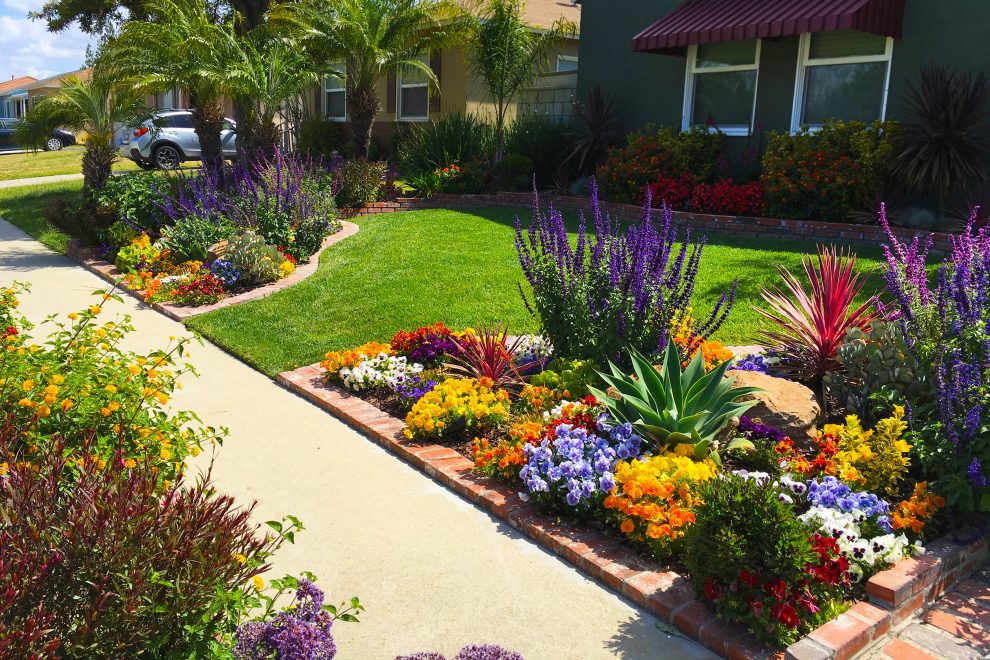In today’s fast-paced world, it is easy to become disconnected from the source of our food. We often take for granted the intricate network of farmers, markets, and supply chains that bring fresh produce and other food products to our tables. However, there is a growing movement of people who are rediscovering the joys of growing their own food, from seed to table. This essay will explore the benefits of gardening, the importance of sustainable agriculture, and the sheer pleasure of enjoying the fruits (and vegetables) of one’s labor.
The Benefits of Gardening
Gardening is a relaxing and rewarding hobby that offers numerous physical and mental health benefits. According to a study published in the Journal of Health and Social Behavior, gardening is associated with lower levels of stress, depression, and anxiety (Brown and Kasser, 2005). The act of cultivating a garden requires patience, persistence, and a certain amount of trust in the natural world. As a gardener watches their seeds germinate and their plants grow, they develop a deeper appreciation for the cycles of nature and the interconnectedness of all its elements.
Gardening also promotes a healthier lifestyle by encouraging physical activity and providing fresh, nutritious produce. A study conducted by the Centers for Disease Control and Prevention found that individuals who participated in gardening activities were more likely to meet the recommended guidelines for physical activity (Kaczynski et al., 2009). Additionally, homegrown produce is generally more nutritious than its store-bought counterparts, as it is picked at the peak of ripeness and can be consumed within hours of being harvested.
The Importance of Sustainable Agriculture
Sustainable agriculture is a farming method that focuses on environmental stewardship, social equity, and economic viability. It aims to create a balanced ecosystem that can support future generations of farmers and consumers. In contrast, conventional agriculture often relies on chemical fertilizers, pesticides, and genetically modified seeds, which can have detrimental effects on the environment and human health.
By growing their own food, individuals can take control of their food supply and reduce their reliance on the industrial food system. This can lead to a more resilient and sustainable food system, as it becomes less vulnerable to supply chain disruptions, such as natural disasters, economic instability, and pandemics. Furthermore, home gardening can help to combat food waste, as it is estimated that consumers in the United States throw away approximately 40% of the food they purchase (Gunders, 2012).
The Pleasure of Enjoying the Fruits (and Vegetables) of One’s Labor
Perhaps the most significant benefit of growing one’s own food is the sheer pleasure of enjoying the fruits (and vegetables) of one’s labor. There is a profound satisfaction in watching a seedling grow into a vibrant plant and then harvesting and consuming the delicious produce it produces. This connection to the source of one’s food can foster a deeper appreciation for the natural world and the complex web of interdependencies that sustain it.
Moreover, home gardening allows individuals to experiment with different varieties of plants and cultivation techniques, leading to a more diverse and exciting culinary experience. Whether it’s a ripe tomato fresh from the vine or a crisp, homegrown salad, the taste of food that has been grown with love and care is unparalleled.
Gardening is not only a relaxing and rewarding hobby but also an essential component of a sustainable and resilient food system. By growing their own food, individuals can reconnect with the natural world, promote a healthier lifestyle, and enjoy the fruits (and vegetables) of their labor. As the world faces the challenges of climate change, population growth, and economic instability, the joys of growing one’s own food will only become more important.












































Add Comment